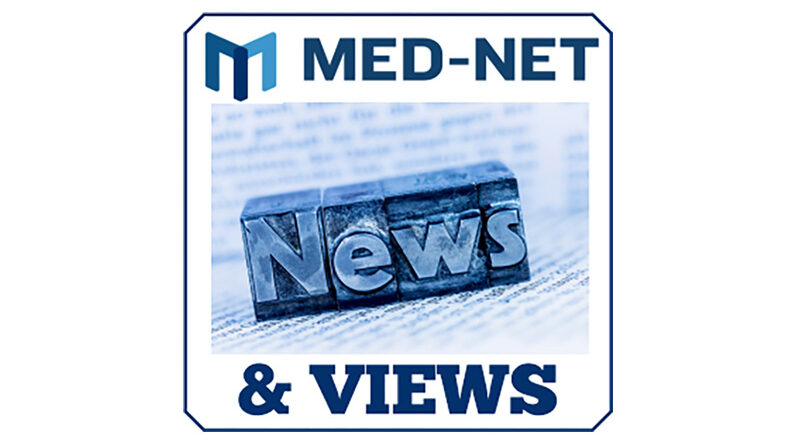Anti-Kickback Statute: Admissions Personnel
By:
David S. Barmak, JD
If I refer you to a hardware store and the hardware store pays me $50 for referring you, I get to keep the $50 and the hardware store gets a new customer.
If I work for a nursing home and refer a short-term stay patient to a home care agency and the agency pays me $50 for the referral, and the short-term stay patient has Medicare or Medicaid or some other federal healthcare program, I could go to jail for receiving what’s called a “kickback”. This is a violation of the federal Anti-Kickback Statute (AKS).
What’s the difference? Medicare or Medicaid are involved as third-party payors. That makes all the difference in the world.
A “kickback” in our healthcare industry is when a physician or healthcare provider, like a nursing home, uses any payment or compensation to encourage a patient to come to an office or facility, or to encourage another healthcare provider to refer patients to an office or facility. According to federal law, a kickback is any remuneration, in cash or in kind, directly or indirectly, overtly or covertly, that is paid in return for patient referrals (e.g., cash in any form including vacations, free rent, and meals).
The penalties are significant: administrative fines, exclusion from Medicare, Medicaid and other federal programs, criminal convictions, and possible violation of other federal healthcare laws. The penalties are assessed not only for the healthcare provider who pays kickbacks, but also for the healthcare provider who receives those kickbacks. Further, a violation of the AKS also can serve as a basis for a False Claim Act violation.
Nursing homes or other healthcare providers are not allowed to induce patient referrals for healthcare services that are paid for by federal health programs. This prohibition covers Medicare and Medicaid patients, as well as any other health program paid for by federal funds.
In determining whether a payment to a physician or other healthcare provider by a nursing home, for example, is a kickback, the courts use the “One Purpose Test.” Under this test, if “one purpose” of the payment is to encourage patient referrals, that could be a kickback. Another example is if a medical director is being compensated for services provided, if one purpose of the payment is to induce referrals, that is considered a possible kickback.
Federal law also prohibits healthcare providers from offering financial incentives directly to Medicare and Medicaid beneficiaries to utilize that healthcare provider’s services. For example, a nursing home paying a Medicare beneficiary to come to the nursing home as a patient is unlawful.
A healthcare provider may not routinely waive a Medicare or Medicaid beneficiary’s co-payment in order to motivate the patient to utilize the provider’s facility. It is possible to make concessions for individual patients if it can be shown that there is financial hardship.


